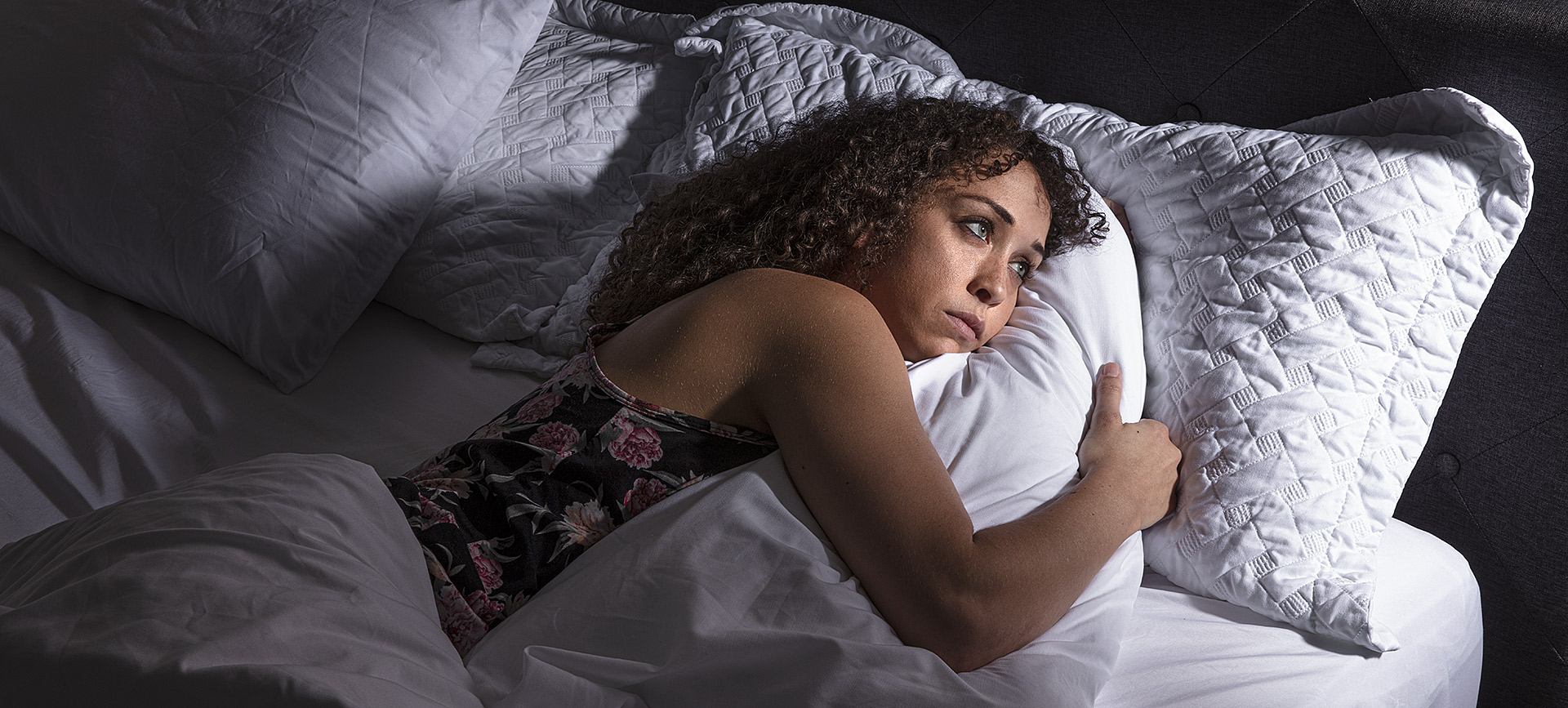One of the many keys to maintaining physical and mental well-being is to get enough sleep. Yet, about 1 in 3 adults have trouble sleeping on a regular basis, according to the American Sleep Apnea Association.
Getting a good night's sleep is essential for just about every process in our body. It affects how we function the next day, our ability to build immunity and fight disease, and it reduces stress.
Learn how to recognize a sleep disorder and what you should do next.













